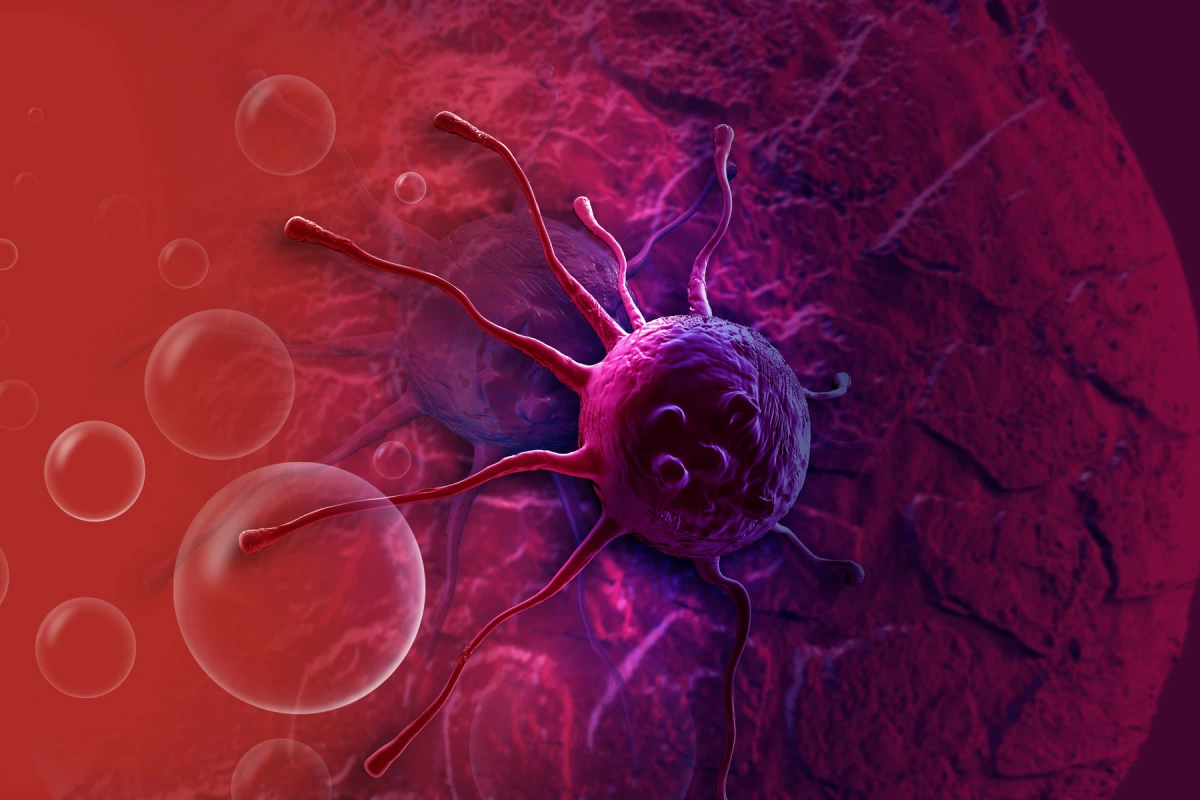Difficult to detect and with a low survival rate, pancreatic cancer is one of the most insidious forms of the disease. But now, researchers have identified an existing drug that could be repurposed to fight pancreatic cancer by targeting a key gene mutation.
Mutations in a gene called KRAS are one of the most common drivers of cancer, and they appear particularly frequently in pancreatic, lung, and colorectal cancers. Unfortunately, KRAS proteins were long considered “undruggable” due to their shape, but recently a drug that can latch onto them has been approved for phase 2 clinical trials.
For the new study, researchers at Virginia Commonwealth University (VCU) have found a new way to attack cancers with KRAS mutations. The team identified four different proteins – CDK1, CDK2, CDK7 and CDK9 – that seem to be expressed in higher levels in tumors that cannot survive without the KRAS mutation, and set about targeting them instead.
To do so, they examined a library of 294 drugs that have already been approved by the FDA for various purposes, and found one that can inhibit all four CDK proteins. The drug, known as AT7519, has so far proven unsuccessful in clinical trials to treat other types of cancer, but it hasn’t yet been tested in pancreatic cancer, the team says.
To test it out, the researchers pitted it against tumors grown in the lab from five pancreatic cancer patients. A7519 successfully suppressed the growth of those cells, and showed similar results in human and mouse mini-organ models. Of course, that's a small sample size and still far removed from in-human tests, but it's an interesting start.
“If our findings are correct and translate in humans, then we should be able to see a positive response in pancreatic cancer patients whose tumors are addicted to mutant KRAS,” says Said Sebti, lead researcher on the study.
If the technique does work, the team says that it might also be applied to other cancers that rely on KRAS mutations, like colorectal and lung cancers.
The research was published in the journal Clinical Cancer Research.
Source: Massey Cancer Center VCU




